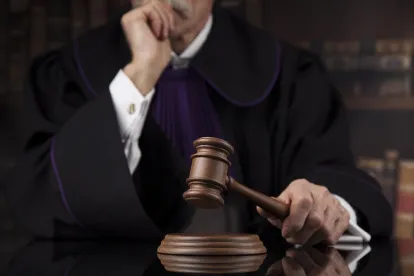Requests for Admissions are my favorite (quasi-) discovery device. Like Dr. Strange’s spell protecting the time stone in Infinity War–they are easy to cast but– once admitted– they can prove quite unbreakable.
Kovach v. Navient Solutions Civil Action No. 16-cv-02755-CMA-NYW, 2018 U.S. Dist. LEXIS 129790 (D. Colo. Aug. 2, 2018) illustrates this point rather elegantly. There a TCPA Plaintiff admitted in response to RFAs that he provided his telephone number to the Defendant on a specific date. Later, the Plaintiff changed his story–purportedly owing to a refreshed memory–and, on the eve of trial, asked the court to allow him to withdraw that admission and assert that he actually supplied the number on a different date, months later. The court said “no.”
In reaching its conclusion the Court noted that the admission appeared to be accurate given the body of the evidence and the Court was not convinced that the admission resulted from a faulty memory. The Court also concluded that the defendant would be prejudiced if the admission were withdrawn since the issue of when the number was provided–a pretty critical fact in a TCPA case– had essentially been resolved at the outset of discovery. So allowing an eleventh-hour change would amount to a trial by ambush and that, of course, is precisely what the rules of discovery are designed to prevent.
So the Court enforced the admission and entered a pre-trial order excluding the introduction of contrary evidence or argument.
Quite unbreakable, indeed.



 />i
/>i

